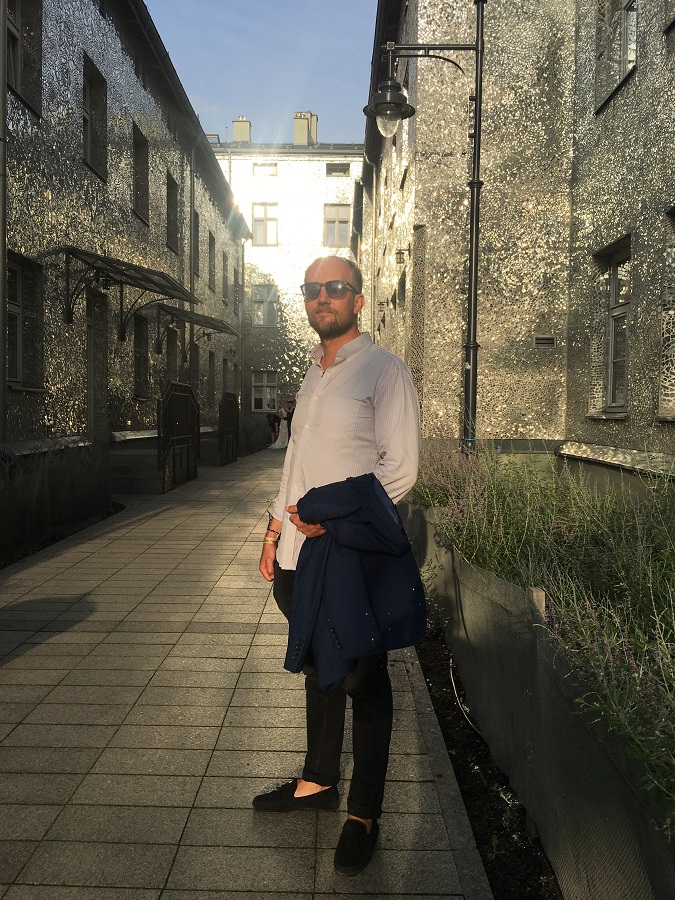November 17, 2022 - Whisper it quietly, but more and more people are relocating to Croatia from the diaspora. In a new TCN series, we meet them to find out how they are faring and what advice they have for others thinking of making the switch. Next up is Tonci Petric, who moved from Stuttgart to Zagreb.
Hi! My name is Tonči Petrić. I am a returnee from Germany. I was born in Stuttgart, the capital of the automotive industry in Germany and the headquarters of Mercedes-Benz and Porsche. Originally, I am from the island of Hvar, where my roots and my family came from. I have now been living in my new home in Zagreb fo 6 years. I am working as a journalist, blogger and news anchor for the national broadcasting company HRT, presenting international news in the German language. In my free time, I produce the podcast Green Deal Hrvatska.
My motto is: “Fill your life with adventure, not things. Have stories to tell, not stuff to show.”
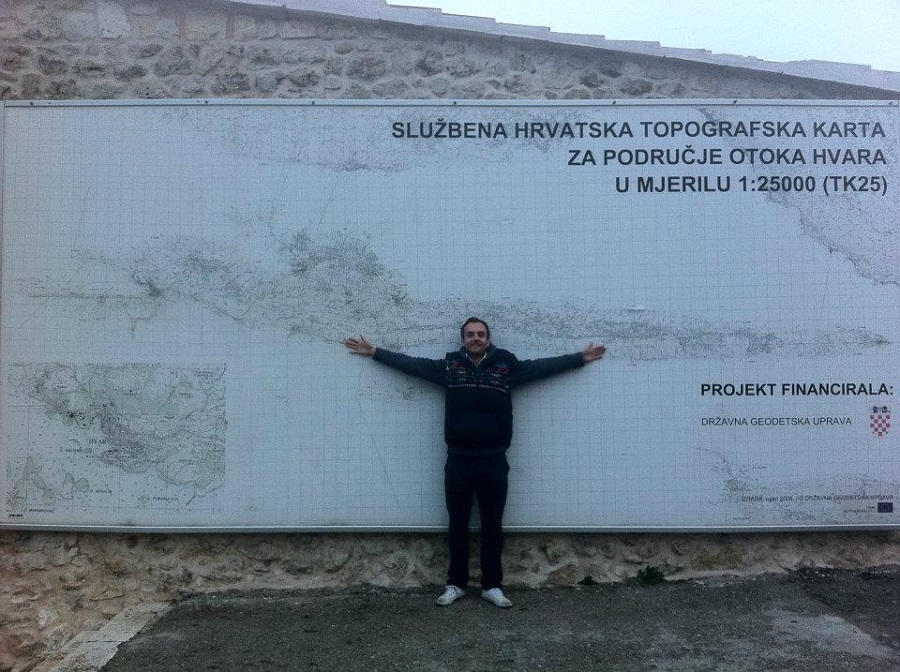
1. You made the switch to Croatia. Tell us a little about the decision process and how long it took for you to get on the plane.
It took me quite a long time to take the plunge and move to Croatia, although I've always wanted to live in Croatia. This decision-making process took place in stages (see below). I was already considering moving to Croatia after high school, but then I said to myself that I would like to complete my university education in Germany. After my bachelor's degree, I did internships in Germany and Croatia. After that, I decided to finish my studies in Germany.
At the same time, I also wanted to see the world after my studies. So, I went to New Zealand and Australia for half a year, and I travelled to other countries in the region. After HRT offered me an interesting job vacancy, I said to myself; I'll try Croatia now. There is never a perfect time for such kind of decision, but you have to act according to your own gut feeling.
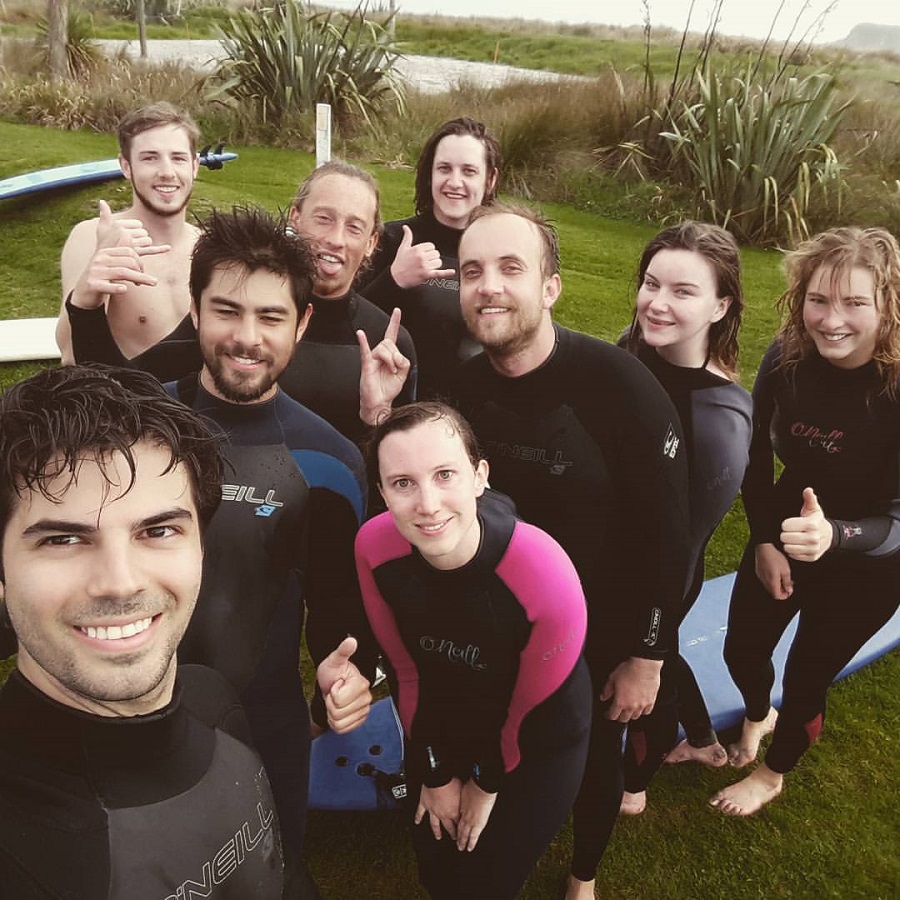
2. What did your family and community back home think of your decision at the time?
I think they supported me. Nobody was against my decision. They had known that I somehow always wanted to go back to Croatia. So, I think they were not so surprised by my decision. I think a lot of my friends or people who know me could understand my decision and see me somewhere else, but not in Stuttgart or Germany.
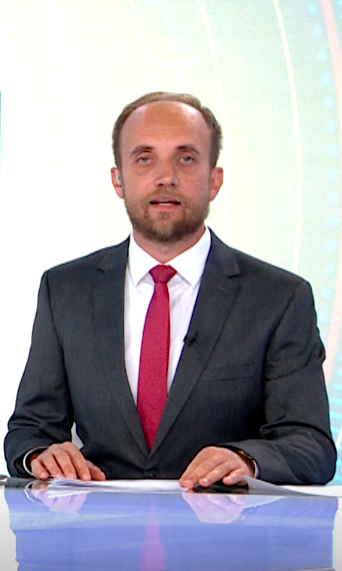
3. Where did you get your information about the realities of Croatia prior to coming?
I took part in n European pilot project called „ENAIP „between Croatia and Germany, where I was used to learning „Business-Croatian“, and I did a one-month internship in Zagreb. This gave me my first real experiences and ideas of life in Croatia. A few years later, I got a one-year scholarship from the Croatian government for the "CROATICUM" program, and I could improve my Croatian language skills at the Faculty of Philosophy in Zagreb but also catch more contacts and experience in Croatia. After this one year, I did a second internship in Zagreb. I worked for several months for the Croatian-German chamber of commerce and gain more professional experience in Croatia.
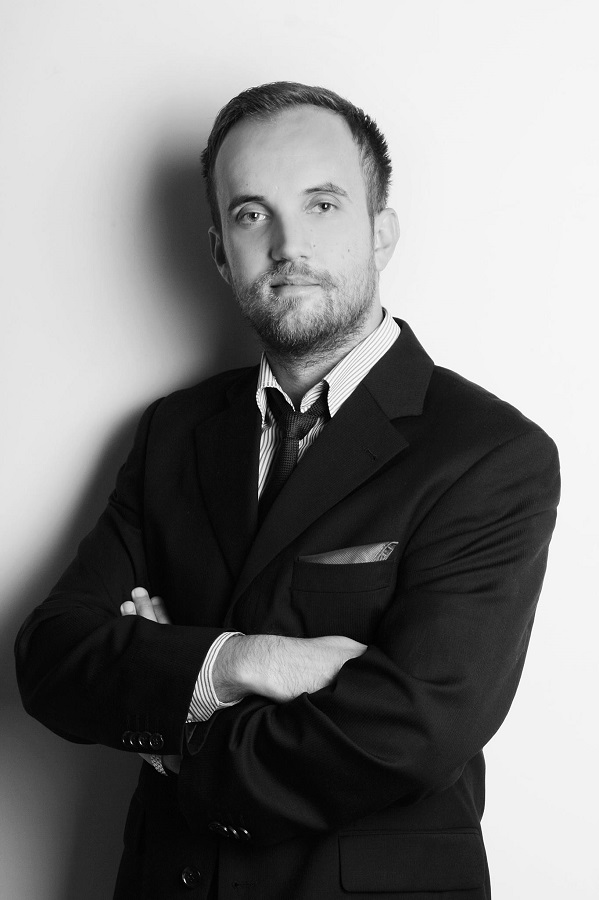
4. What were you most nervous about making the switch? What was your biggest fear, and what was the reality of what you found?
Would I find a proper job in my job field? Would I be happy with the salary, and could I survive financially? What are the possibilities later if I would like to change my career maybe? The more you are proactive, entrepreneurial, flexible or creative the more you will be successful and happy in Croatia.

5. Think back to the time before you arrived. What were your perceptions about Croatia, and how were they different from the reality you encountered?
Time before I arrived: Nice lifestyle in Croatia, being home, sunny and warm. Nice people, in many things not well-developed and corrupt but also high potential. Uncertainty in the matter of finding a proper and good job and having a regular good income
The reality today: more flexible and possibilities for myself than I thought - I can live in Zagreb as well as in Hvar. It's possible to find a good job in Croatia - you have only to be more proactive and entrepreneurial. I have got more of a sense of freedom and satisfaction as well as that I think that I really do what I love. Higher life quality than I thought.
6. You are still here, so obviously, the pros outweigh the cons. Tell us about some of the things that you love about being in Croatia, as well as some of the things you don't like.
I appreciate the feeling of being really at home in my country, surrounded by a similar mentality and people like yourself.
I love to go for Coffee whenever and wherever I want with friends to hang around and communicate with people or go alone and read newspapers (nobody will look at you like a stranger for that!)
What I also appreciate is the fact that everything is close and reachable for me in Croatia: The sea, the mountains, and the interior are not so far from Zagreb or other European capitals, and I can do my work as a journalist but also can go for a couple of days to Hvar to pick some olives for example.
From a German perspective, everything is far away. In Germany, I always had the feeling that I was like a bird in a gold cage. I didn't miss anything, but everything was over-restricted and less possible. In Croatia, meanwhile, I am feeling like a bird flying in freedom.
The point I really don't like is the passiveness of the people in Croatia. Things in Croatia can be better if we struggle for it or try to change it or show our dissatisfaction as citizens than just sitting in coffee bars and complaining and doing nothing.
Another negative thing is the bureaucracy in Croatia, or I would better say the unmotivated and incompetent people who are working in administrative departments or agencies. You have to deal with them, knowing that it will be frustrating, and in the end, you have to do their job.
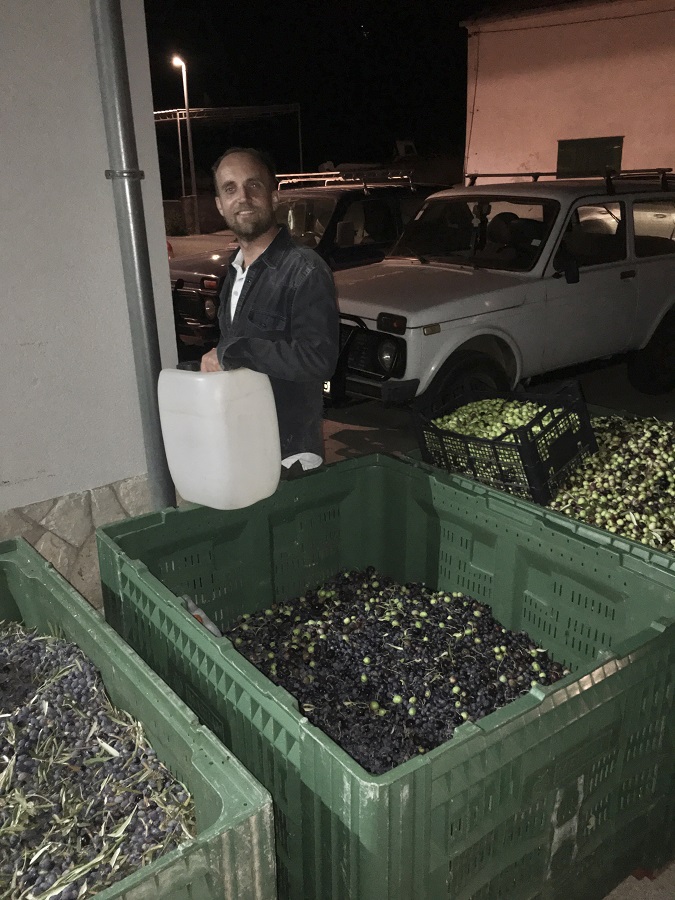
7. What advice do you have for others thinking about making a move from the diaspora?
Be open and flexible. Be aware that you maybe will not work in your specific field and that you were used to working in your host country. But in my opinion, Croatia offers a lot of potentials where everybody could find a niche for himself. If you know German, this is a big plus in Croatia. It is useful in each segment of the job market in Croatia.
Try to inform yourself before you go to live in Croatia. At best, try to get your information on the ground, try to contact people in Croatia and go for a coffee with them, Be socially able and spread out your network and connection. Go for a coffee, go for a coffee, go for a coffee...
In my view, everybody with a good school education and knowledge of the German language can find a proper job in Zagreb. You have to be more proactive and have initiative and rely less on the state and society.
With new internet technologies, you have far more possibilities to work on something and earn a salary. You can live nowadays as a digital nomad. Find an employer other than the internet in Germany, but live your life in Croatia.
And the end, no risk – no fun. Just try it. If it’s not worked out for you, you can later say I tried at least, and you will not regret it.
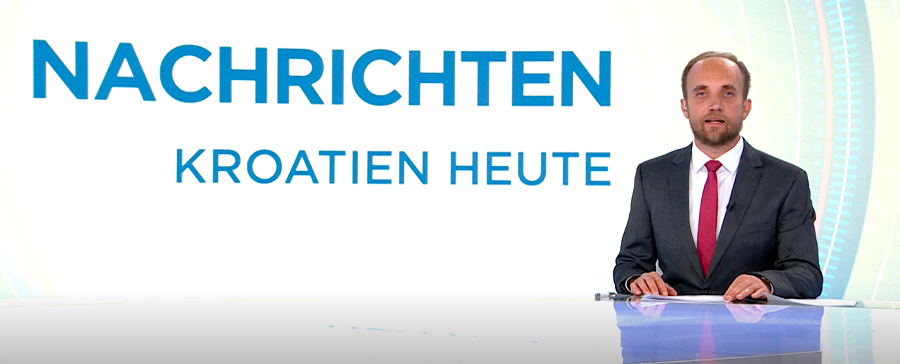
8. How do you think Croatia can better assist those who are looking to return to the Homeland?
Provide better and adequate information about Croatia and the job opportunities for somebody who is willing to return to the homeland. Reduce uncertainty. Try to make this move for them easier and more comfortable. More practical information, for example: How to deal with health insurance in Croatia?
The CROATiCUM institute should not only be a language centre, but it should also be an information point with practical advice and help for returnees as well. As it could be a cultural centre in the world for promoting Croatian culture in general, similar to Goethe Institute in Germany.
Maybe get a special adviser from the city of Zagreb or from some Croatian ministry to give assistance to returnees.
****
Thanks, Tonci, and good luck with https://glashrvatske.hrt.hr/de/blog/ruckkehr-nach-kroatien
https://greendealhr.podbean.eu/
https://glashrvatske.hrt.hr/de
****
You can follow the TCN Croatian Returnees series here.
****
What is it like to live in Croatia? An expat for 20 years, you can follow my series, 20 Ways Croatia Changed Me in 20 Years, starting at the beginning - Business and Dalmatia.
Follow Paul Bradbury on LinkedIn.
Croatia, a Survival Kit for Foreigners is now available on Amazon in paperback and on Kindle.



